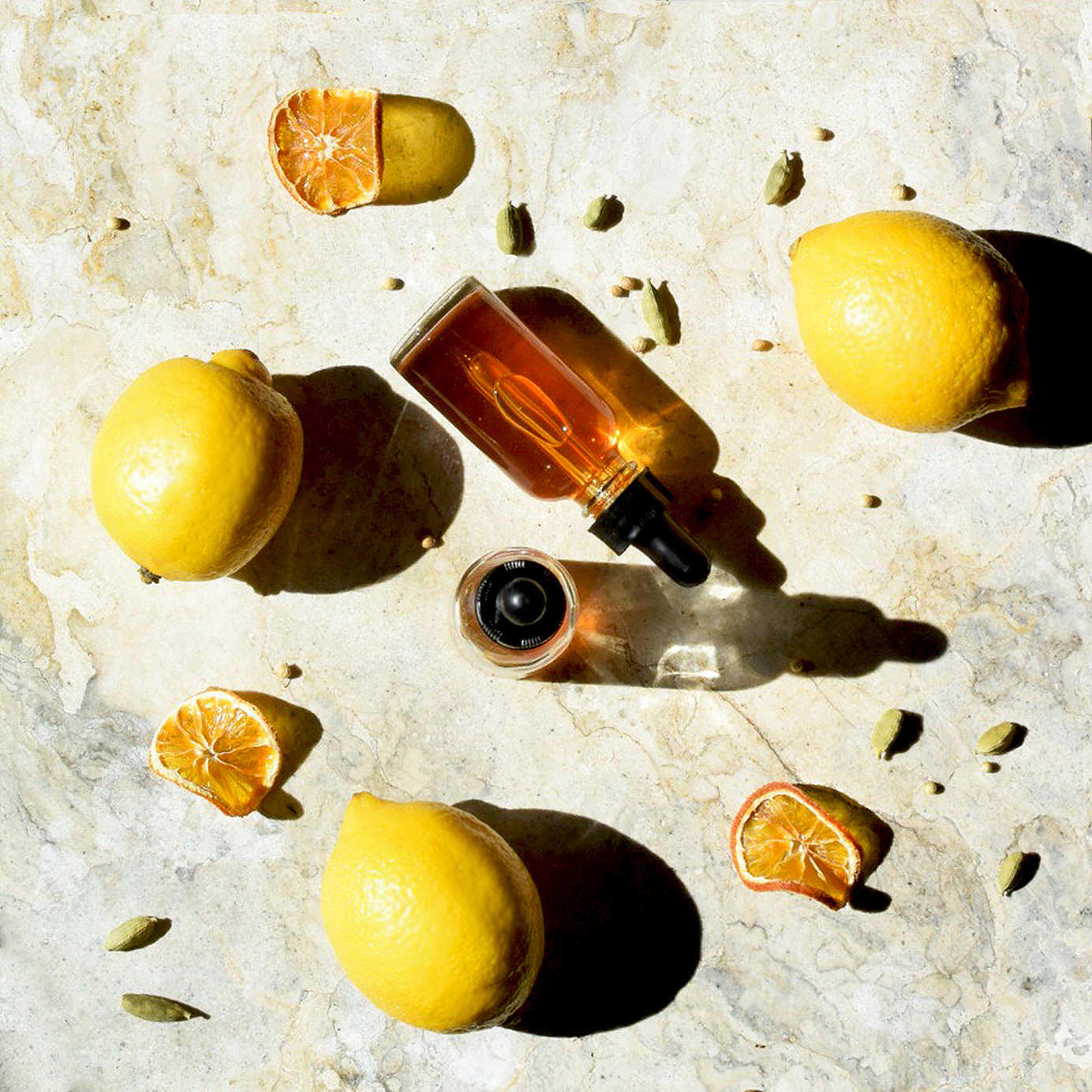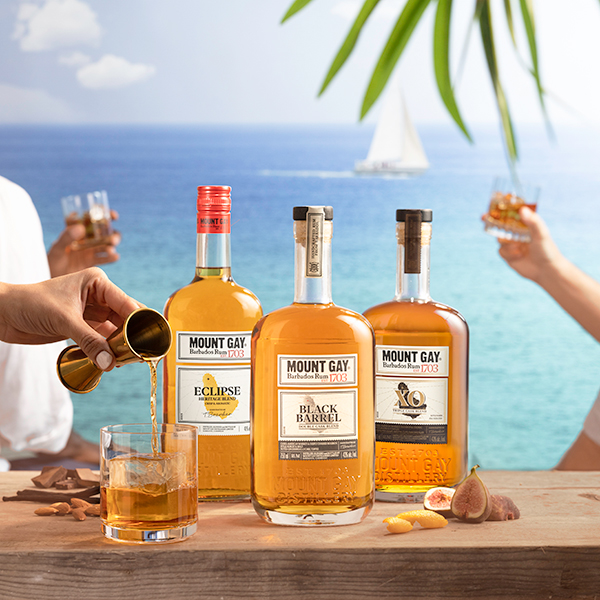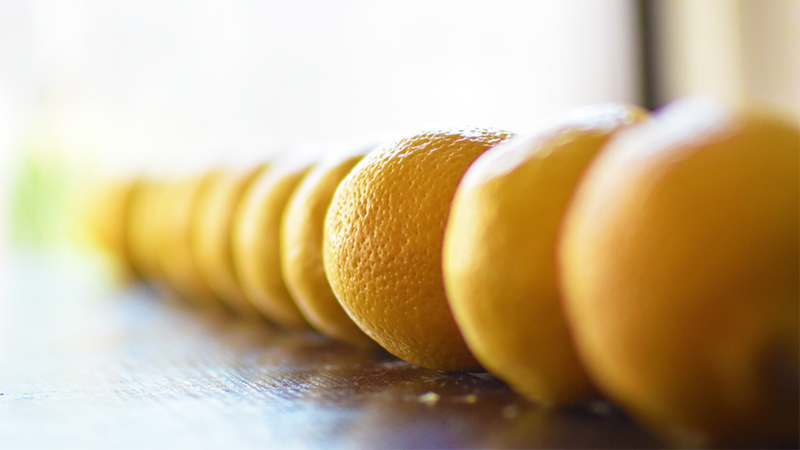
Bitters are the salt and pepper of cocktails. They can emphasize certain flavor profiles, and take a drink from humdrum to complex. While there is a long and growing list of commercial options out there, one of the best ways to get to know bitters is by making your own.
Bitters, at their most basic, are herbs and aromatics infused with a neutral, high- proof spirit. In their earliest days, bitters were marketed as medicinal products chock-full of ingredients to keep you healthy. Liquor was simply a means of preserving and consuming these supplements. Eventually, those flavorful, highly concentrated droppers found their way into cocktails.
The bitters category in the U.S. has grown from two standbys, Angostura and Peychaud’s, to a range of options spanning mole, hops, and ginger bitters. A driving force in craft cocktails, bitters are usually found at higher-end or experimental bars across the country.
“Bitters enhance flavors and highlight other notes to completely change a cocktail with just a few dashes,” Francis Pereira-Billini, the bar manager at the soon-to-open Suyo bar in the Bronx, tells me. “It’s concentrated gusto that you’re putting into the drink — that color, that spice, so many things.”
For the home bartender, a simple collection of the two classic bitters and one custom homemade lemon bitter is more than enough to elevate and transform your creations.
Pereira-Billini and the head bartender at Suyo, Felix Salazar, make more than 10 custom bitters, and have books full of recipes they’ve tested over the past couple of years. I caught up with them to learn the secret to their lemon bitters, a complex potion that tastes like the world’s most sophisticated lemonade layered with multiple levels of spice.
How to make your own lemon bitters
The easiest way to understand homemade bitter production is to think about it in terms of tea, Salazar says.
“You put herbs, roots, whatever in hot water, and after a while the water extracts the properties of whatever it was in,” he says. “Bitters are the same. We use alcohol — which is both an extractor and a preservative at the same time — and age it about a month.”
At the end of the day, it’s all about trial and error. Slight tweaks are magnified over time as the bitter ages and matures. This recipe is a good start.
Ingredients
- 1 quart of high-proof grain alcohol like Everclear or Wray & Nephew overproof rum for a sweeter bitter
- 10 lemons
- 1 orange
- 6 cardamom pods
- 6 cloves
- 1 stick of cinnamon
- 1 stalk of lemongrass, chopped
- 1/4 teaspoon coriander
- 1/4 teaspoon white pepper
- 1/4 teaspoon cinchona bark*
- 1 tablespoon gentian root*
Directions
Cut the skin off eight of the lemons with a vegetable peeler, chop, and put in a Mason jar. Peel the other two lemons and the orange and dry the peels in the oven. Dried skins add sweeter, Fruity Pebble-esque notes.
Crack the cardamom pods and put them in the mason jar with the cloves, chopped lemongrass, coriander, white pepper, cinchona bark, cinnamon, and gentian root.
Fill the Mason jar with Everclear or Wray & Nephew. Put the cap on and shake. Store the jar in a dry place away from sunlight for four weeks, shaking it vigorously for 15 seconds every day.
Strain out the large pieces. The liquid will be slightly cloudy, which won’t negatively impact taste. For a more clear spirit, run it through a cheese cloth and then through a coffee filter.
* Ingredients with an asterisk can be found at natural food stores, Whole Foods, and on Amazon.


